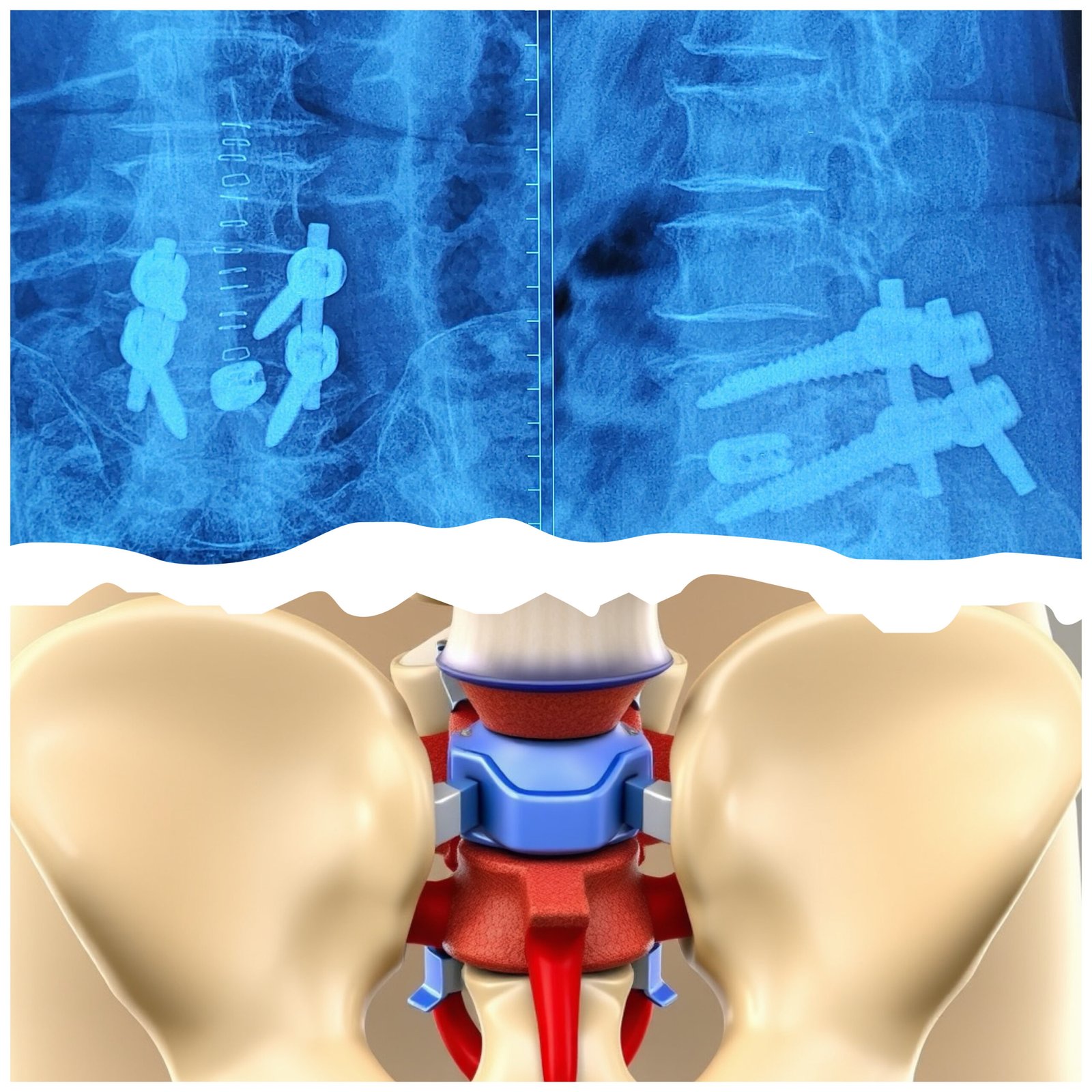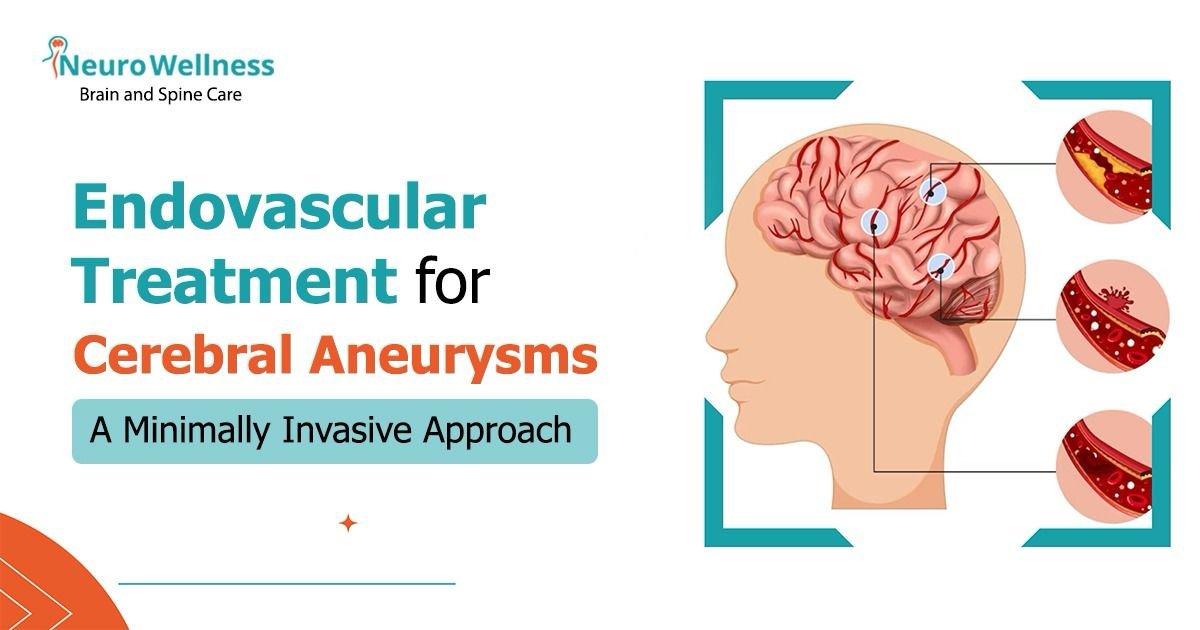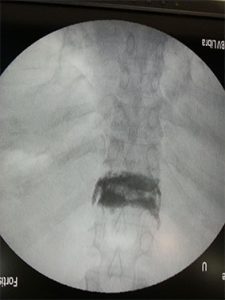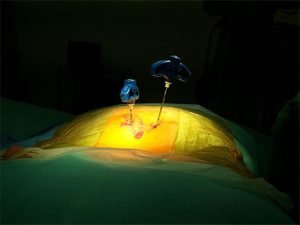Epilepsy is a neurological condition that causes sudden and recurring seizures due to abnormal electrical activity in the brain.
These seizures can vary in type and severity, from brief staring spells to full-body convulsions. While the condition can develop at any age, it often begins in childhood or later adulthood.
Recognizing the signs early and responding appropriately can make a significant difference. Some people may experience warning signals called auras, while others may suddenly lose awareness.
Knowing basic seizure first aid—like staying calm, timing the seizure, and ensuring the person is safe—can prevent injury and support recovery.
If seizures become frequent, prolonged, or unpredictable, it’s essential to consult a neurologist near you.
A proper diagnosis leads to better seizure control and improved quality of life through medication, lifestyle changes, or in some cases, surgical treatment. With the right care and awareness, many people with epilepsy lead full, active lives.
Epilepsy affects millions worldwide — yet myths and misunderstanding often delay diagnosis and treatment. With advanced neurology and neurosurgery now available in India, early care can prevent lifelong complications.
At Neurowellness Bangalore, we provide holistic epilepsy management — from diagnostics to surgery and rehabilitation — under one expert team led by Dr. Ganesh Veerabhadraiah, Senior Neurosurgeon.
What Is Epilepsy?
Epilepsy is a chronic neurological disorder that causes recurring seizures due to sudden bursts of abnormal electrical activity in the brain.
It can affect people of all ages and may appear suddenly without warning, leaving both the individual and those around them feeling helpless.
Raising awareness about epilepsy is crucial—not just for those diagnosed, but for anyone who may witness a seizure in public, at school, or at home.
Misunderstandings often lead to delayed help or dangerous reactions, when in reality, calm and correct actions can make a world of difference.
In this blog, you’ll learn what epilepsy is, how it affects brain signals, the types of seizures to look out for, and how to provide safe, effective first aid during an episode.
Whether you’re a caregiver, colleague, or passerby, this guide equips you with life-saving knowledge.
“Epilepsy isn’t just about seizures — it’s about restoring confidence and stability to everyday life.”
— Dr. Ganesh Veerabhadraiah, Senior Neurosurgeon, Neurowellness Bangalore
Symptoms and Causes of Epilepsy
Understanding the symptoms of epilepsy and identifying its causes early can make a significant difference in diagnosis and care.
Epilepsy affects people differently, and recognizing the subtle and severe signs is essential, especially when seizures happen unexpectedly.
While some symptoms are easy to spot, others may go unnoticed or be mistaken for unrelated issues.
Common Epilepsy Symptoms to Watch For
While seizure types vary, these are some of the most frequently observed epilepsy symptoms:
● Staring spells or unresponsiveness
● Temporary confusion or difficulty speaking
● Sudden, repetitive movements (jerking or twitching)
● Loss of awareness or consciousness
● Emotional or sensory changes (fear, déjà vu, tingling)
Symptoms can range from a few seconds to several minutes, and some seizures may appear subtle rather than dramatic..
In some cases, people simply zone out or act confused. Recognizing these early warning signs can help ensure timely medical attention.
What Causes Epilepsy?
The causes of epilepsy vary and are often tied to neurological events that disrupt normal brain activity. These include:
● Genetic factors can contribute to epilepsy, as certain forms of the condition are known to run in families.
● Head trauma: Falls, accidents, or sports injuries
● Brain conditions: Stroke, tumors, or developmental disorders
● Infections: Meningitis, encephalitis, and other brain inflammations
● Prenatal injury: Birth complications that impact the brain
Read more : brain stroke causes and symptoms what puts you at risk and how to spot the signs
Types of Seizures and How to Recognize Them
Seizures can present in many forms, and recognizing the different types of seizures is crucial for proper diagnosis and response. Seizures result from sudden, abnormal bursts of brain activity and may cause a variety of physical, emotional, or sensory symptoms. Understanding the difference between generalized seizures, focal seizures, and the phases of a seizure can help caregivers and witnesses respond appropriately.
Generalized vs. Focal Seizures
Seizures are commonly categorized into two main types: generalized and focal.
● Generalized seizures affect both sides of the brain and often involve full-body symptoms like unconsciousness, stiffening, and rhythmic jerking (also known as tonic-clonic seizures).
● Focal seizures, formerly known as partial seizures, originate in a specific area of the brain symptoms may include twitching in one limb, unusual smells or tastes, or altered emotions. Some focal seizures occur with retained awareness, while others involve confusion and lack of responsiveness.
What Happens Before, During, and After a Seizure
Understanding the full seizure episode cycle helps in identifying symptoms and preparing for appropriate care.
● Before a seizure: Many people report warning signs or sensations known as auras (see below). These can involve fear, visual disturbances, nausea, or déjà vu.
● During the seizure: The individual may lose consciousness, shake uncontrollably, stare blankly, or suddenly collapse. Breathing changes or vocalizations can also occur.
● After the seizure: Known as the postictal phase, this is often marked by confusion, fatigue, headache, or memory lapses. Some people need minutes or even hours to recover fully.
The Role of Auras and the Recovery Phase
Auras are a form of focal onset awareness seizure that act as early warning signs for some individuals with epilepsy. They might experience strange tastes, smells, flashing lights, or an intense feeling of anxiety.
Recognizing an aura can give the person time to find a safe space or alert someone before a more serious seizure occurs. The recovery phase after the seizure is equally important—ensuring safety, providing reassurance, and documenting the event for future medical assessment.
Understanding the phases of a seizure not only builds awareness but also empowers people to offer the right help when it’s needed most.
How Bystanders Can Help After a Seizure
Once the seizure has passed, offer calm reassurance and help the person regain their sense of direction. They might feel disoriented, tired, or self-conscious.. Let them rest and stay nearby until they are fully alert.If it’s their first seizure or they’ve been injured, seek medical assistance right away.
Document what you saw — how long it lasted, movements, and behavior before and after — to assist with future neurological evaluations.
Understanding what to do during a seizure empowers bystanders to be calm, compassionate, and effective responders in critical moments.
When to See a neurologist doctor
If you or someone you know is experiencing recurrent seizures, moments of blackouts, or unexplained episodes of confusion, it’s essential to consider an epilepsy diagnosis. Many people mistake seizures for stress or fatigue, but ignoring early signs may delay proper care and increase the risk of injury or complications.
Key Signs You Shouldn’t Ignore
If you or someone you care about experiences any of the following symptoms, it’s crucial to seek advice from a neurologist.
• Seizures lasting longer than 5 minutes
• Repeated episodes of memory loss, confusion, or staring spells
• Uncontrolled twitching, blackouts, or fainting
• Behavioral changes or extreme tiredness after an episode
These could indicate neurological disruptions requiring medical evaluation. A timely consultation helps determine if the symptoms are related to epilepsy or another neurological disorder, allowing doctors to begin personalized treatment quickly.
Specialist Epilepsy Care in Bangalore
For residents in Bangalore or nearby areas, specialized epilepsy treatment is accessible through reputed neuro care centers. A neurologist doctor near me offers advanced diagnostics, including EEG, MRI, and expert evaluations by board-certified neurologists.
Whether you’re seeking a second opinion or a full epilepsy diagnosis, consulting a qualified specialist ensures that you get clarity, confidence, and a treatment plan tailored to your condition.
Timely treatment helps manage seizures more effectively and significantly improves overall quality of life.
Trusted neurologist in Bangalore
At NeuroWellness, Electronic City, we offer advanced epilepsy treatment options under the care of highly experienced specialists. Recognized as one of the best neurologist near me , we combine neurological diagnostics, surgical expertise, and compassionate care.
Schedule a consultation with a leading best neurologist near you in Bangalore to explore whether surgery is the right option for you.
Conclusion
Living with seizures can be unpredictable, but with the right awareness and timely medical support, epilepsy can be managed effectively. Whether you’re seeking clarity after a first-time episode or exploring treatment options for ongoing symptoms, expert guidance is crucial.
If you’re in Bangalore, consider consulting with Dr. Ganesh Veerabhadraiah — one of the city’s most experienced and trusted neurosurgeons. With years of specialized expertise in epilepsy care, brain and spine surgery, and neurological diagnostics, Dr. Ganesh is dedicated to helping patients achieve seizure control and a better quality of life.
Book an Expert Evaluation at Brain and Spine Clinic and take the next step toward informed and compassionate care.

About Author
Dr. Ganesh Veerabhadraiah
Dr. Ganesh Veerabhadraiah, leading neurosurgeon and neurologist in Bangalore, has over 20 years of expertise in managing back pain, migraines, headaches, neuro disorders, and spine problems. His clinical excellence and patient-first approach make him one of the most trusted neuro doctors in Bangalore.
At Neurowellness Brain & Spine Clinic in Jayanagar and Kavery Hospital Electronic City, Dr. Ganesh provides comprehensive treatments ranging from minimally invasive spine surgery to advanced neurological care. As a respected back pain specialist and migraine doctor, he continues to deliver reliable outcomes for patients.
FAQs
1. Can epilepsy be cured permanently?
In many cases, seizures can be fully controlled with medication. Some patients become seizure-free after surgery or long-term treatment.
2. What triggers epileptic seizures?
Common triggers include sleep deprivation, stress, missed medication, alcohol, or flashing lights.
3. When should I see a neurologist for epilepsy?
If you have two or more unprovoked seizures or any unexplained fainting episodes, see a neurologist immediately.
4. Can people with epilepsy lead a normal life?
Absolutely. With consistent medication, good sleep, and stress management, most people live normal, productive lives.
5. Is epilepsy hereditary?
Certain types have a genetic link, but lifestyle and environmental factors also play a key role.










